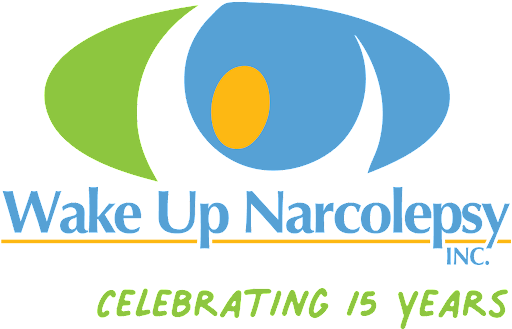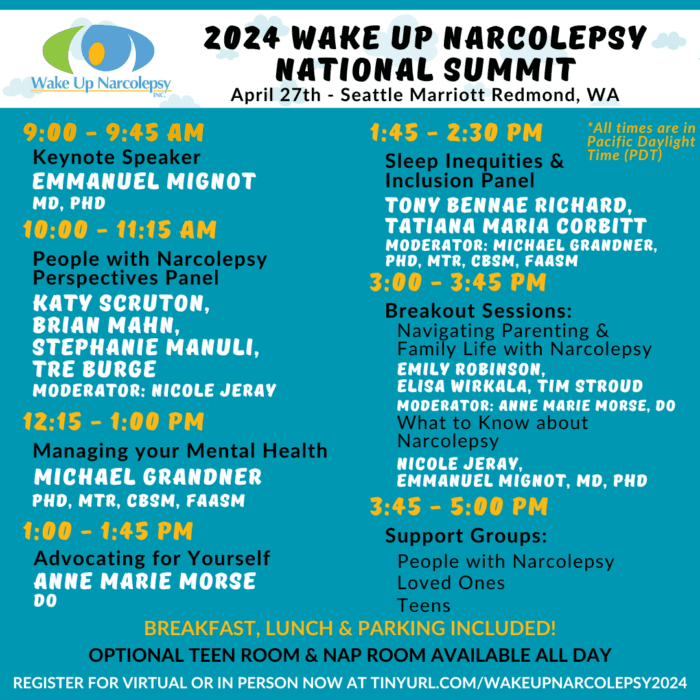A clinical trial is any research study that evaluates interventions to prevent, detect, diagnose, or treat a disease or disorder. In a clinical trial, human participants (or groups of participants) are assigned to one or more interventions to assess the results on health outcomes.
Why Are Clinical Trials Important?
Clinical Trials are important in discovering new treatments to prevent, detect, diagnose or treat Narcolepsy. It is the only process to bring new pharmacological drugs and treatments forward for approval to use within the Narcolepsy community. Without the clinical trials, there is a risk that individuals could be given treatments which have no advantage, waste time and could even be harmful to one’s health. If a treatment has no benefit, or has serious side effects, the treatment may not be further developed.
Ongoing Research
Clinical Trial
A Two-Part Study to Assess the Safety, Tolerability, Pharmacokinetics and Sleep Latency Effects of MK-6552 in Participants With Narcolepsy Type 1
The purpose of this study is to evaluate the safety, efficacy, pharmacokinetics (PK), and pharmacodynamics (PD) of MK-6552 in participants with Narcolepsy Type 1 (NT1).
Jazz DUET Study: Effective treatment and reduced sodium intake may work in perfect harmony
The DUET Study will evaluate daytime and nighttime effects of XYWAV® (low-sodium oxybate oral solution), also known as JZP258, in people with idiopathic hypersomnia (IH) or narcolepsy (Type 1 or Type 2).
XYLO Study: A clinical study looking at blood pressure in people with narcolepsy
This is a study looking at blood pressure in people with narcolepsy. We want to understand more about blood pressure when people with narcolepsy change from a high-sodium oxybate medication, like XYREM, to the study medication, XYWAV. XYWAV has the same active ingredients as XYREM, but with a much lower sodium content.
Research Study
Global Survey on Narcolepsy
Global Perspectives, an organization specialized in healthcare studies, is conducting a study to understand the relationship between narcolepsy symptoms and their effect on well-being.
Child Neurology Foundation (CNF) Needs Assessment Surveys
These CNF surveys help understand caregivers’ clinicians’ and providers’ experiences in child neurology.
IQVIA Survey and Interviews in Narcolepsy and IH with Xywav
IQVIA is currently looking for adults (≥18 years of age) who have been diagnosed with narcolepsy or IH currently taking Xywav® to take part in a paid research study.
Boston Children’s Hospital Narcolepsy Research Study for Kids Ages 9 to 17
Validation of Pediatric Narcolepsy Patient Reported Outcomes (PN-PROS)
Narcolepsy & Physical Activity Survey
Looking for participants with narcolepsy to complete a survey for a Grand State Valley University graduate study.
Fact Sheet – Risk Evaluation and Mitigation Strategy (REMS) Programs to Promote Appropriate Medication Use and Knowledge: Patient Experiences with REMS Programs
Patient Experience in Clinical Trials Survey
Please help us improve the clinical trial for patients.

